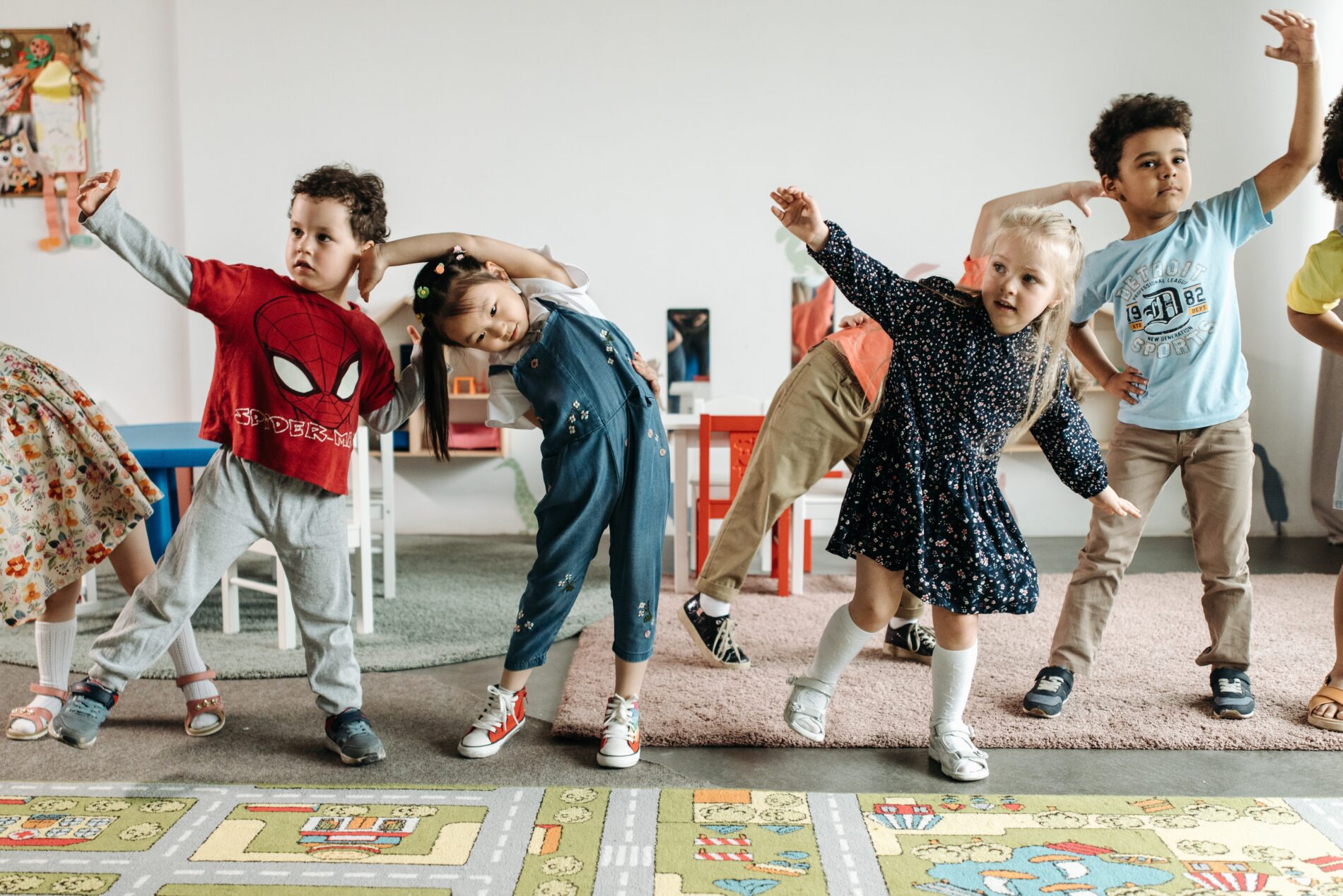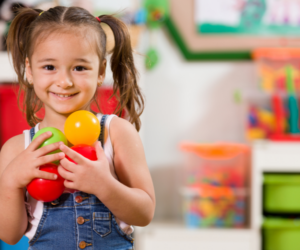During the school year, schedules get hectic. Families often find themselves scrambling to keep up…
Why do preschoolers learn best through hands-on activities?

Preschool education is a pivotal stage in a child’s development, laying the foundation for future learning and cognitive growth. Among the plethora of educational approaches, hands-on activities are proven to foster effective and engaging learning experiences for young minds. In the context of preschools in Coral Gables, these interactive methods offer a unique opportunity for children to grasp essential concepts while igniting their curiosity and creativity.
1. Active exploration sparks curiosity and interest
One of the core benefits of hands-on activities in preschool education is that they naturally evoke children’s curiosity and interest. Unlike passive learning methods, such as rote memorization, hands-on experiences allow youngsters to explore, manipulate, and interact with their environment. By engaging their senses, children become active participants in their learning journey, leading to a deeper understanding of concepts. Tactile activities like molding clay or creating art expose children to various textures and encourage them to ask questions, make connections, and seek further knowledge.
2. Children have more fun and engage better
According to research, children can develop skills much faster and engage better when they’re having fun. That is why, as one of the most notable preschools in Coral Gables, our school at ICS focuses on teaching children through fun activities and a playful environment. In a traditional school, teaching the alphabet and basic letter-forming skills with just pencil and paper or flashcards can quickly become boring for children. Instead, our approach would involve teaching the alphabet by allowing them to use shaving foam to trace out letters with their fingers or use play-dough to form the letters. Not only is this more enjoyable for children, but it makes it easier for them to remember what they are being taught.
3. Social and emotional development flourishes
Collaborative hands-on activities promote social interaction and emotional growth. Preschool children learn essential life skills such as communication, cooperation, and problem-solving as they engage in group tasks. By sharing materials, exchanging ideas, and working towards a common goal, children develop empathy and a sense of community. These experiences not only enrich their emotional intelligence but also prepare them for the challenges they’ll encounter as they progress through their educational journey.
In the vibrant educational landscape of preschools in Coral Gables, hands-on activities emerge as a cornerstone of effective early learning. These interactive experiences stimulate curiosity, enhance conceptual understanding, and nurture social and emotional development. Preschoolers thrive when allowed to explore, discover, and create in their educational journey. By integrating such activities into their curriculum they develop a lifelong love of learning and get equipped with the skills they need to succeed academically and socially.




